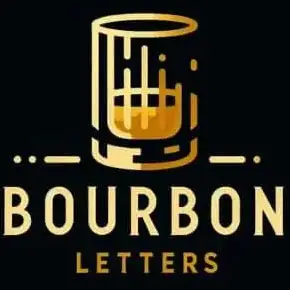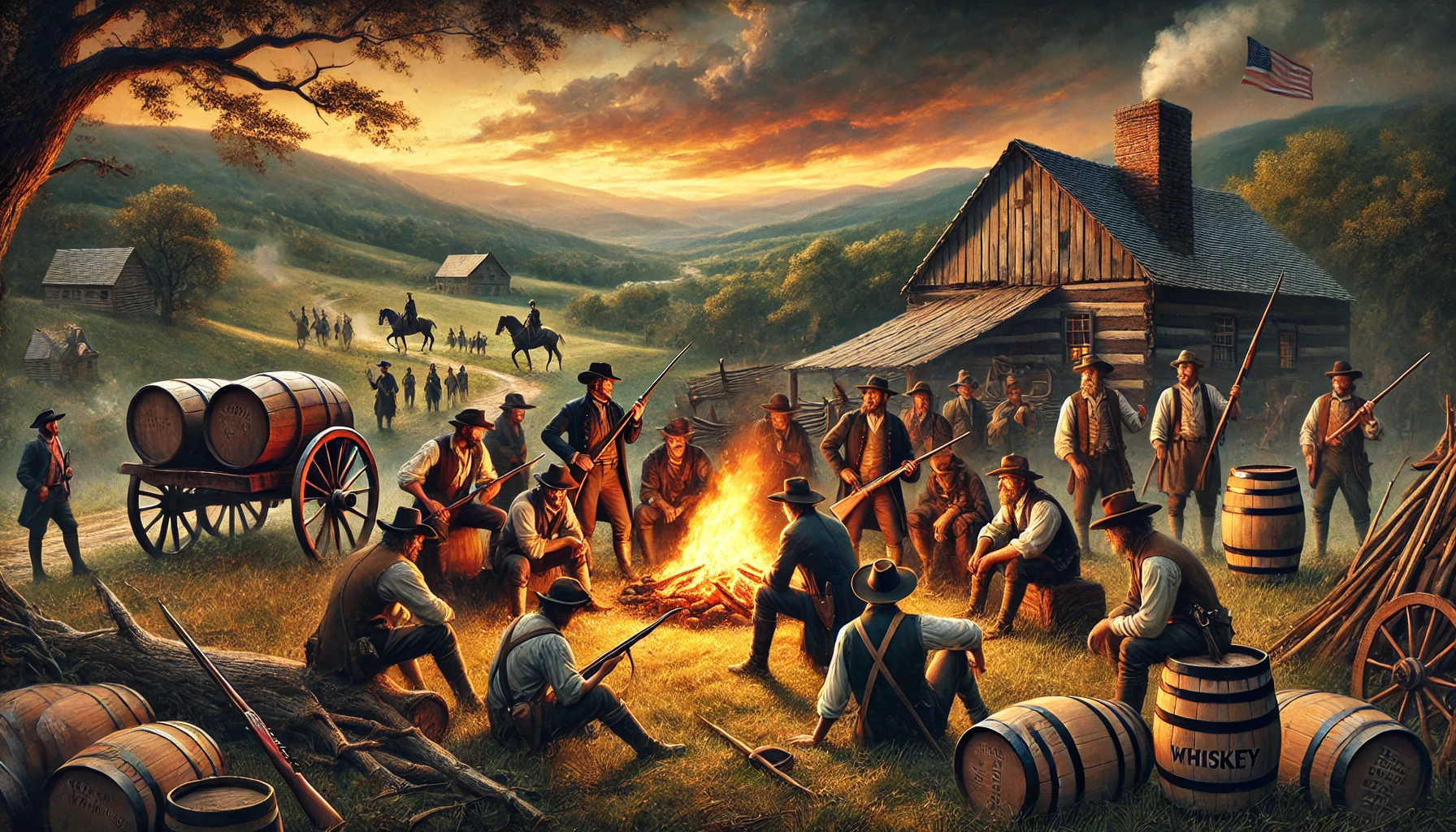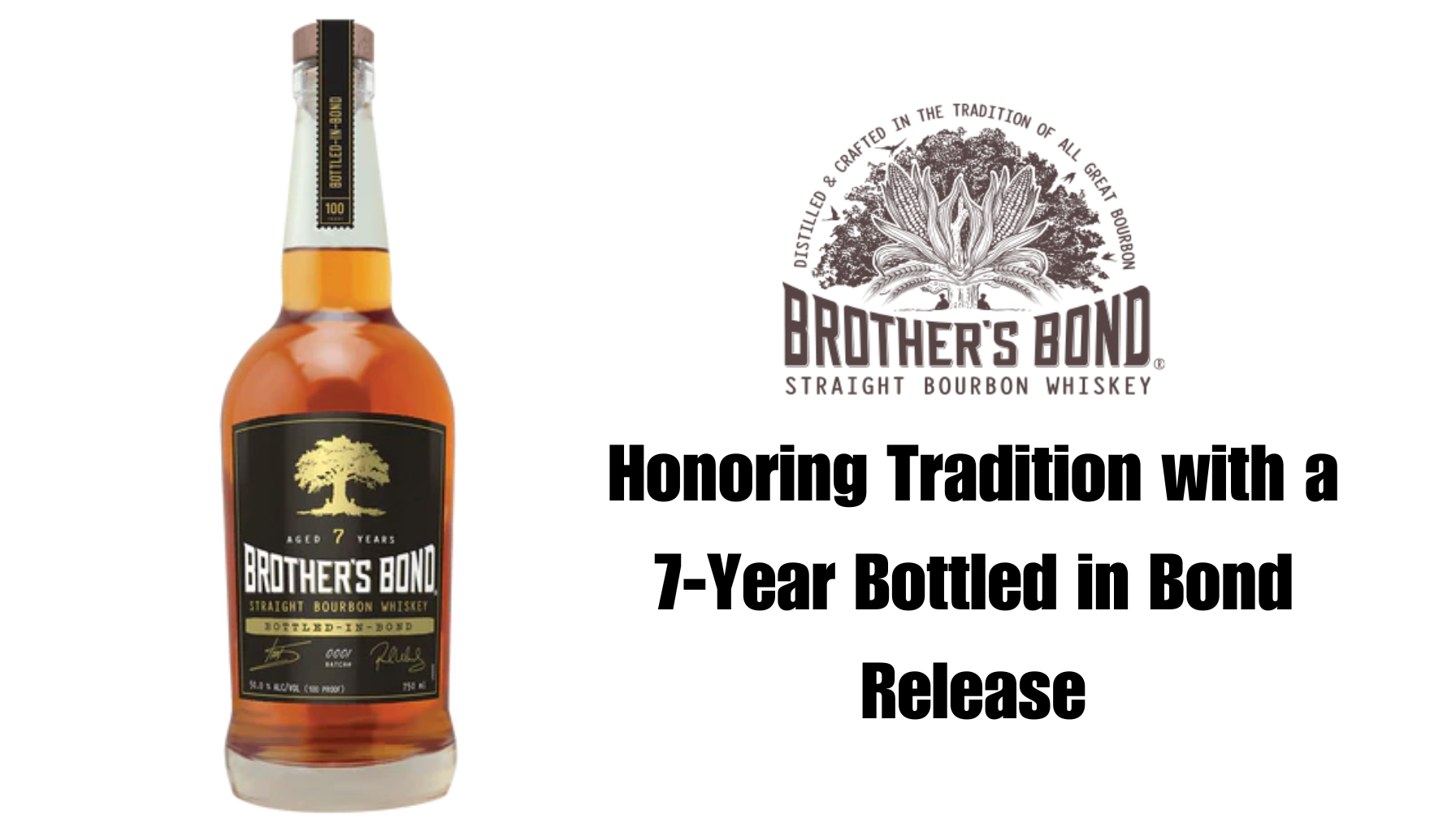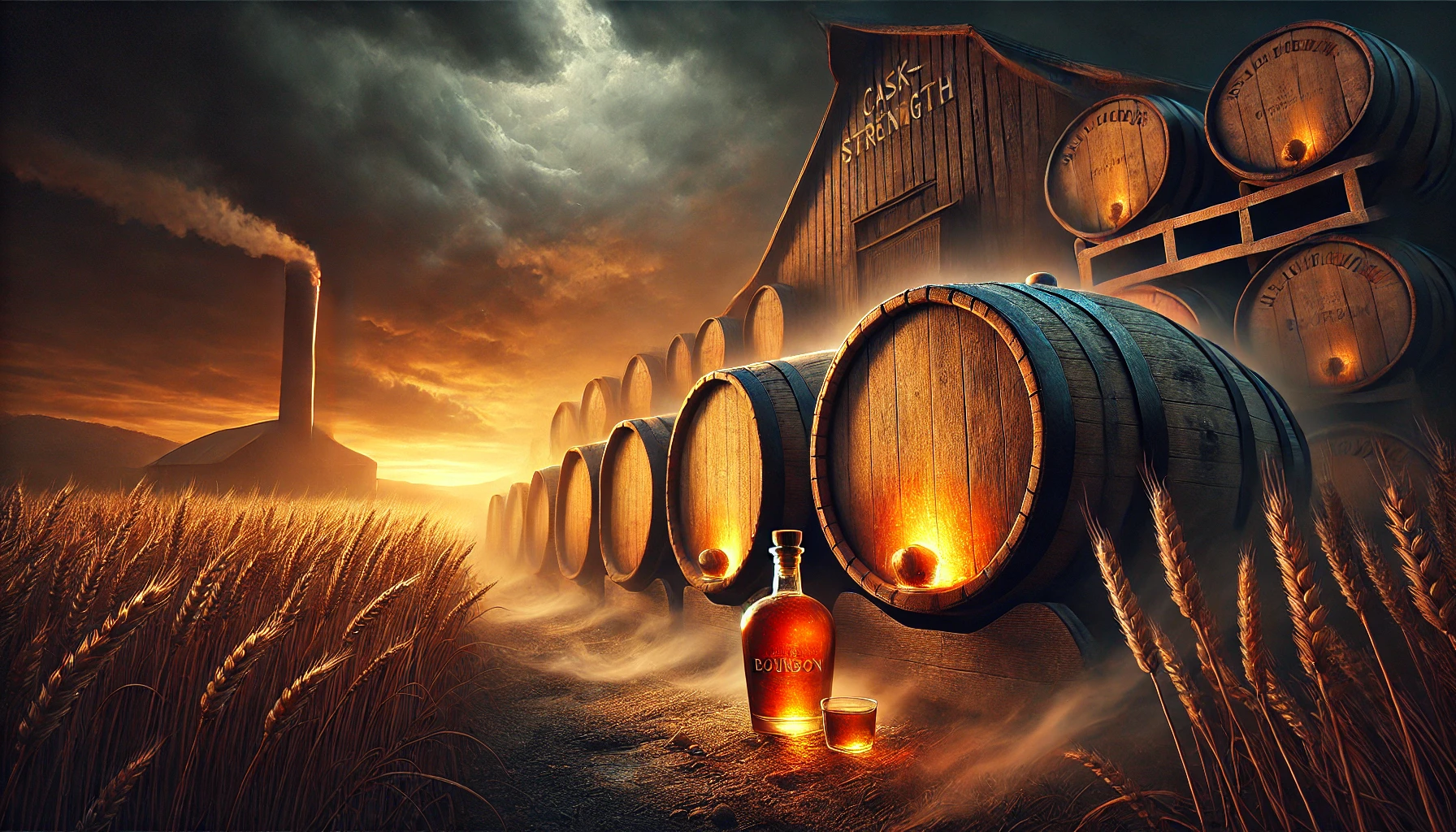The Roots of Rebellion: Whiskey and Frontier Life
In the years following the Revolutionary War, the United States was burdened with significant debt. Treasury Secretary Alexander Hamilton proposed several measures to stabilize the nation’s finances, including a tax on domestically produced spirits like whiskey. This tax, part of the 1791 Excise Act, was designed to raise revenue and assert the authority of the new federal government.
However, whiskey wasn’t just a luxury in rural America—it was a vital commodity. On the frontier, especially in western Pennsylvania, whiskey served as a form of currency. Many small farmers distilled surplus grain into whiskey because it was easier to transport, sell, and barter than raw grain. These farmers, already struggling with economic hardships, saw the whiskey tax as a direct assault on their livelihoods. It felt eerily similar to the British taxes that had sparked the American Revolution just a few decades earlier.
The tax was particularly burdensome for small-scale distillers, who were required to pay more per gallon than their larger counterparts. As a result, many farmers refused to comply, and tensions began to mount.
Rising Tensions: From Protests to Revolt
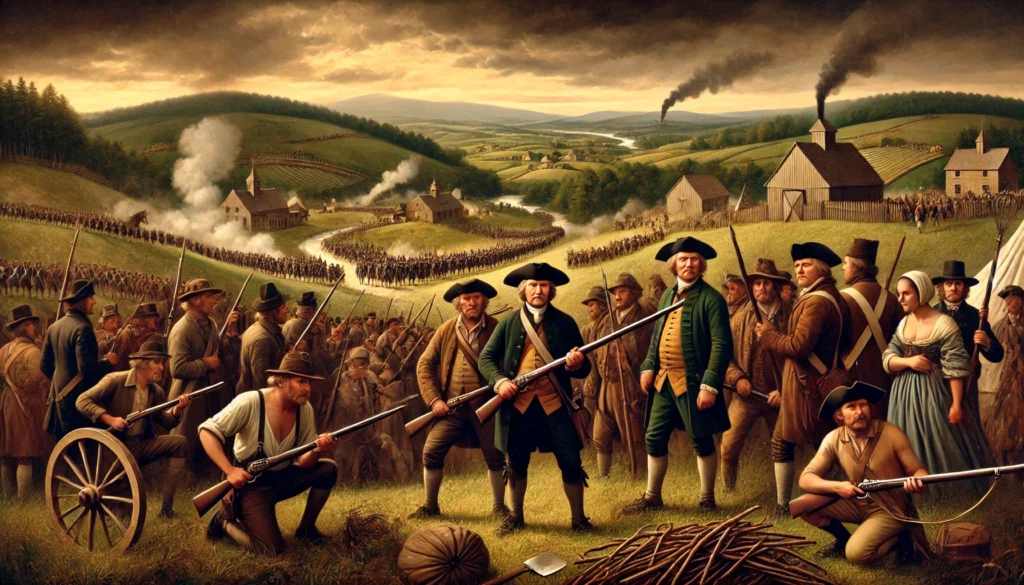
By the early 1790s, resistance to the whiskey tax was gaining momentum. Farmers in western Pennsylvania organized protests, harassed tax collectors, and intimidated anyone who complied with the law. They believed that the tax was unfairly targeting small producers in rural areas while benefitting larger distilleries in more urban settings.
In 1794, these protests turned violent. A group of rebels attacked the home of a tax collector, igniting what would become the most serious challenge to federal authority since the Constitution had been adopted. The rebels, some armed and ready to fight, set up blockades and began to openly defy the federal government.
For President George Washington, the uprising posed a direct threat to the newly established federal government’s ability to enforce its laws. Allowing such defiance could undermine the country’s stability at a critical moment in its history.
Washington’s Response: The Show of Federal Strength
Faced with growing unrest, Washington knew he had to act decisively. In a historic move, he mustered a militia force of nearly 13,000 troops from various states—marking the first and only time a sitting U.S. president personally led troops into the field.
As the militia advanced toward western Pennsylvania, the rebellion quickly lost steam. Many of the rebel leaders fled, while others were captured. The show of force worked: the rebellion collapsed without any major battles. Most of the rebels were pardoned, and the federal government’s authority was firmly established.
The Impact and Legacy of the Whiskey Rebellion
The Whiskey Rebellion had far-reaching consequences for the young nation. First and foremost, it demonstrated that the federal government, under the new Constitution, had the power and the will to enforce its laws. This was a crucial moment in proving the strength of the national government, especially in contrast to the weaknesses of the previous Articles of Confederation.
The rebellion also deepened political divides between Federalists, who supported Hamilton’s vision of a strong central government, and the Democratic-Republicans, led by Thomas Jefferson, who opposed what they saw as federal overreach. Jeffersonians viewed the government’s response to the rebellion as an abuse of power, further polarizing the political landscape.
Economically, the tax remained unpopular and difficult to collect, particularly in rural areas. While the rebellion was over, the whiskey tax itself lingered until it was eventually repealed in 1802 during Jefferson’s presidency.
The Whiskey Rebellion’s Influence on American Whiskey Culture
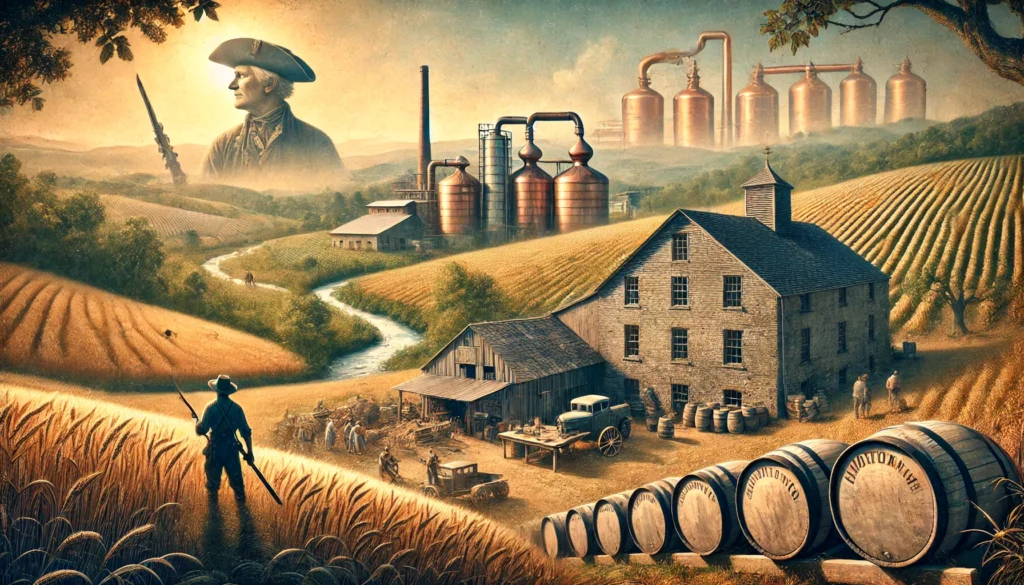
Beyond its political and economic implications, the Whiskey Rebellion left a lasting mark on American whiskey culture. In the aftermath, many small distillers moved further west to escape the reach of federal authorities, helping to spread whiskey production throughout the country. Kentucky, in particular, became a haven for whiskey makers, laying the foundation for the state’s famed bourbon industry.
Today, the Whiskey Rebellion is often remembered not just as a historical event, but as a symbol of resistance to federal power. Many American distilleries pay homage to this chapter in history, recognizing its lasting impact on the whiskey industry.
A Lasting Legacy of Resistance and Authority
The Whiskey Rebellion stands as a reminder of the challenges the United States faced in its infancy. It was a clash between frontier independence and federal authority, between local traditions and national governance. The swift and decisive response by Washington helped shape the course of American history, establishing a precedent for how the government would deal with internal unrest.
For whiskey enthusiasts and history buffs alike, the Whiskey Rebellion is a fascinating chapter in both American history and whiskey’s storied past. It’s a story of resilience, resistance, and the balancing act between liberty and law that continues to define the nation.
🥃 Cheers!
Want to Read More? or Start drinking?
